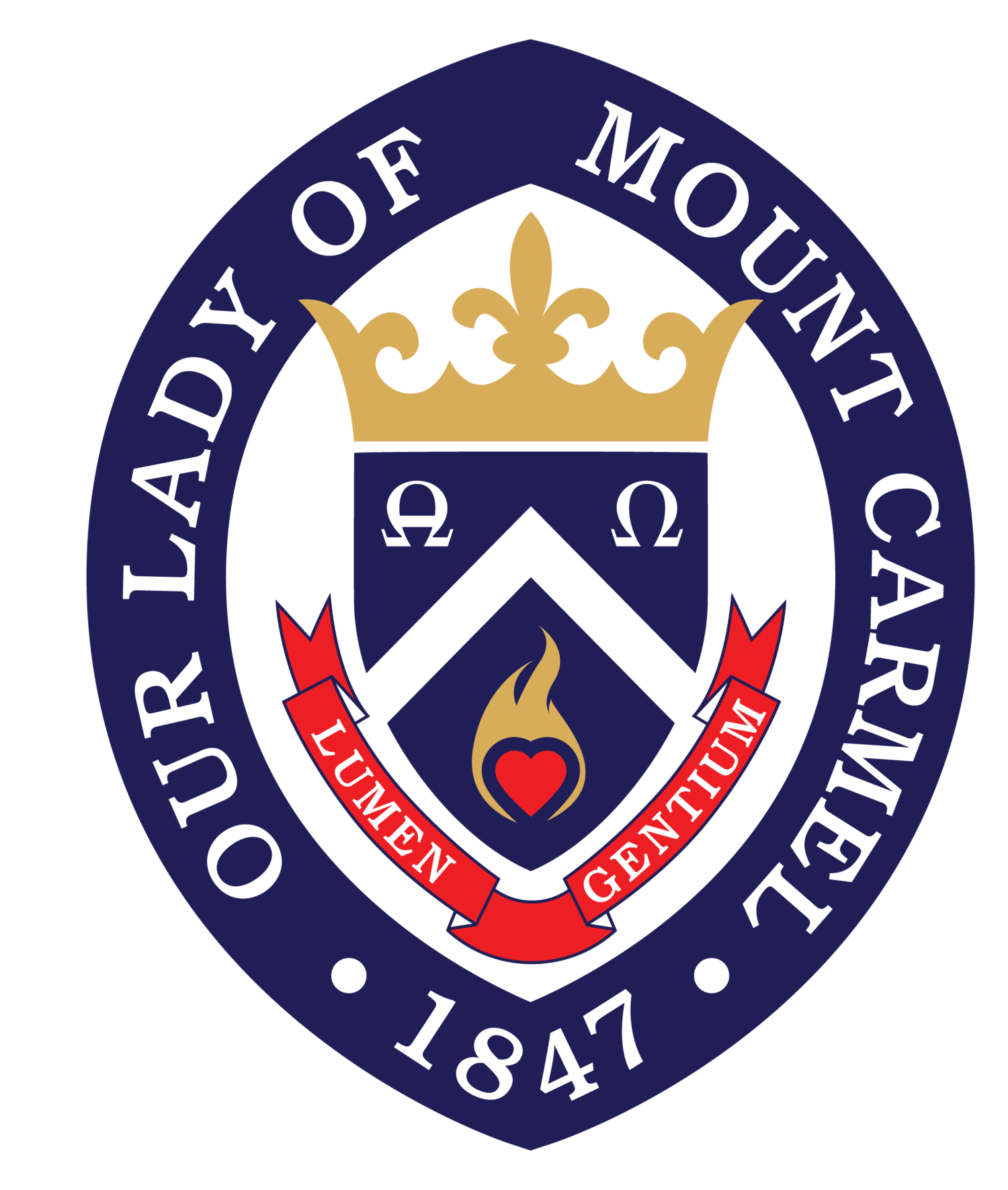Rolling Back Death's Rule
Easter's third Sunday
Dear Saints,
First, a recap of important announcements:
This week, I sent you an Easter eCard! Please check it out here if it didn't make its way to your inbox.
The Outside Confessional continues to captivate the press these days. Come by soon for Confession, and check out these stories when you get a chance: EWTN/NCRegister, WCBS 880, FOX5 1, FOX5 2, The Wall Street Journal, and The Daily Record.
Last Sunday, we enjoyed our special celebration of Divine Mercy. Thank you so much for joining us, and be sure to check out the videos and pictures on our website.
Our Mission Hub is still our go-to spot for information during these Church-in-exile days.
This weekend we celebrate the Third Sunday of Easter. You can find Mass streamed online here. There are actually any number of ways to join us for Mass, so let me know if you want to get connected but haven't been able to.
Sr. Marie-Paul Farran, OSB
The Road to Emmaus
Our Gospel passage this Sunday recounts the Road to Emmaus. In one of the most beautiful and provocative scenes in all of Scripture, the Risen Jesus accompanies his disciples on the way, and reveals himself to them in the breaking of the bread (this is code language for the Eucharist!).
In part because of the way this scene has been depicted, and in part because we aren't familiar with the cultural conventions of the time, we've been slow to realize that Saint Luke is more than likely describing Jesus' appearance to a married couple. This isn't the absolute center of the event, but it helps us to understand what the Gospel author intends.
When Jesus says the blessing, breaks the bread, and gives it to Cleopas and his companion, the couple's "eyes were opened." This language is powerfully evocative of the first meal described in the Bible, when Adam and Eve's eyes were opened (Genesis 3.7) after having eaten the forbidden fruit!
The Catechism (CCC, 397) frames the event like so: Adam, tempted by the devil, let his trust in his Creator die in his heart and, abusing his freedom, disobeyed God's command.
If I might be so bold as to write the response in parallel, I would say: Jesus, tempted by the devil, persevered in total trust of God his Father, and realizing the full potential of his freedom, obeyed God all the way through and all the way to the end!
Adam is afraid and conspires with death. In Jesus, love casts out fear: Jesus rolls back death's rule.
We share in Jesus' death-conquering love here and now when we join him in the breaking of the bread. Let me explain what I mean by this, considering the fact that you cannot receive Communion these days.
We join Jesus in the breaking of the bread when we - through him and with him and in him - offer ourselves to God and live totally for his purposes. We become a Eucharistic people when our every thought and word and deed is obedience to God our Father; when the centerpiece of our identity and our life's purpose is to embody the light of his love for every person we encounter.
I love you, my friends. I hope to break bread with you very soon!
In the Peace of the Risen Christ,
Father Daniel
δοῦλος Χριστοῦ Ἰησοῦ
Preparing for Mass?
Check out this weekend's readings:
Third Sunday of Easter
Caravaggio: Supper at Emmaus, 1606



